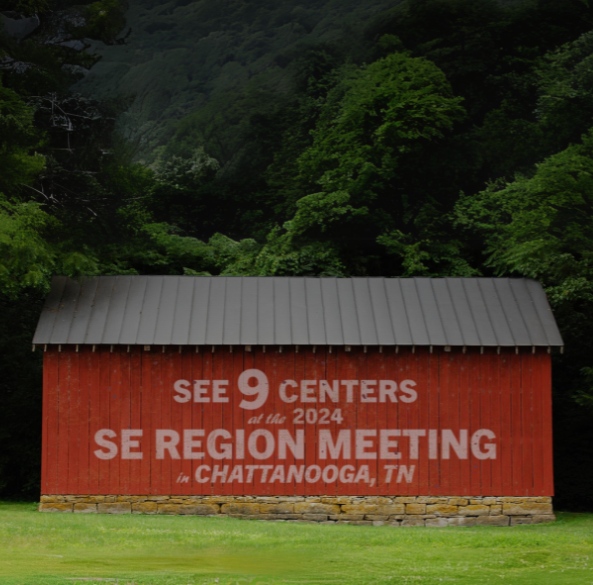AI TechX Awards Seed Funding to Find AI Solutions to Real-World Problems: TTAP Training Coordinator Awarded
Nine projects led by faculty at the University of Tennessee, Knoxville, will receive the first round of funding from AI TechX, a new initiative created by UT to empower Tennessee communities and industry partners to adopt AI technologies that enable high-quality job creation. To fulfill this mission, AI TechX focuses on advancing AI research and innovation; preparing, upskilling, and reskilling the workforce; and supporting the AI-enabled businesses that will define Tennessee’s future.
“We officially launched AI TechX in March with key industry partners,” said Vasileios Maroulas, associate vice chancellor and director of AI Tennessee. “Our goal is to de-risk AI adoption, especially for those companies, by providing access to talent, solutions, and trusted university collaboration. This isn’t about theory. AI TechX is about moving AI off the whiteboard and into the workflow.”
The first round of seed funding awarded $60,000 to each project. Each winning team included both UT researchers and industry and community partners to accelerate adoption of artificial intelligence across a variety of disciplines including engineering, business, cybersecurity, and precision agriculture. More than 30 faculty members submitted applications for the first round of funding.
“Our goal is enabling high-impact collaborations and addressing real-world challenges,” said Caleb Knight, director of AI TechX. “Our faculty’s research could lead to new technologies and potential career paths for our graduates.”
The funded projects address a wide array of challenges, here is an overview of the TTAP project that was funded by this initiative:
- A team led by Airton Kohls, a research associate in UT’s Center for Transportation Research and head of the TTAP Traffic Signal Academy, in partnership with the City of Knoxville and local technology company Cubic, will use AI and sensor technologies to improve pedestrian safety at signalized intersections, focusing on streets adjacent to UT’s campus.
To read more about the other funded projects, visit this page on research.utk.edu







